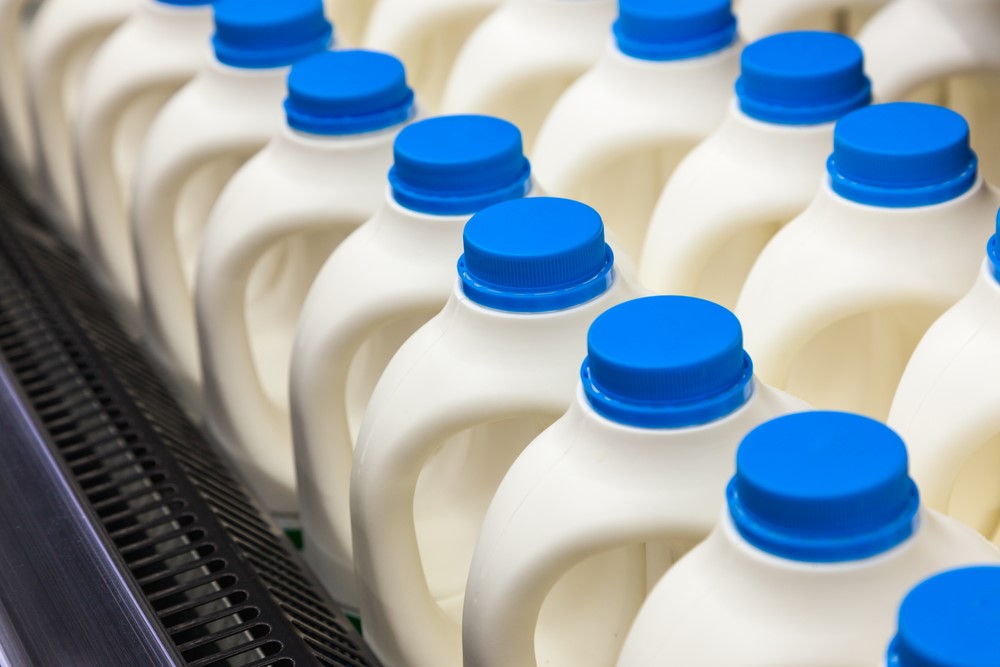The Food Safety Authority of Ireland (FSA) has reiterated its warning that drinking raw milk is dangerous and has recommended that consumers do not drink it.
The FSAI cited a recent European Food Safety Authority (EFSA) expert opinion that states that drinking raw milk can pose health risks to consumers and in some cases result in serious illness.
For some years, the FSAI has strongly recommended that all milk consumed or sold for direct human consumption in Ireland should be pasteurised. While the majority of milk on sale in Ireland is pasteurised, the FSAI states that those who still wish to drink raw milk should, at a minimum, boil the milk before drinking it to kill potentially harmful bacteria in line with EFSA’s opinion.
The EFSA’s announcement states that raw milk can carry harmful bacteria and that implementing good hygiene practices at farm level is essential to reduce the risk of raw milk contamination, while maintenance of the cold chain is also important to prevent or slow bacteria growth in raw milk.
It states, however, that these practices alone do not eliminate the risk and that boiling raw milk before consumption is the best way to kill many of the bacteria that could make people sick.
Pathogens such as E. coli O157 (VTEC), Salmonella, Campylobacter and Listeria can cause severe foodborne illnesses and can be found in raw milk.
These bacteria can be particularly serious for vulnerable groups such as young children, pregnant women, the elderly and the immunocompromised. Both national and international studies have found that these harmful bacteria can be present in raw milk in low numbers and that pasteurisation or boiling can effectively eliminate the risk of potential food poisoning.
Professor Alan Reilly, CEO, Food Safety Authority of Ireland states that the FSAI opinion has, for some time, been that pasteurisation is the most reliable and the most acceptable method to ensure that milk is safe to drink and that there are well-documented serious health risks associated with drinking raw milk.
“In recent months, we have studied reports from different parts of the world which show that children are at real risk when drinking raw milk.
“In Australia, the death of a child and the hospitalisation of four others were associated with drinking raw milk in December last year. In the UK, six cases of E. coli, including five cases in children were linked to farms selling raw milk from cows late last year.
“We are concerned about the food safety risks involved and particularly the health of infants, children, older adults, pregnant women and those with low immunity. Studies show these groups of people are the most likely to get ill from drinking raw milk and to suffer the most severe symptoms,” states Prof Reilly.
“There is no justification for advocating consumption of raw milk as a method of improving our immune systems. The risks far outweigh any perceived benefits.”
The FSAI recognises that on-farm hygiene and animal health have improved immensely over recent years, and this is a credit to all of those concerned.
However, there is still a risk that contamination of milk with pathogens of faecal origin can occur during the milking process and this necessitates pasteurisation of milk to make it safe for direct human consumption. Improving on-farm sanitation and hygiene will improve quality, but will not always guarantee safety.
Even under the best hygiene standards, it is possible that raw milk can pose serious health risks, it says.
